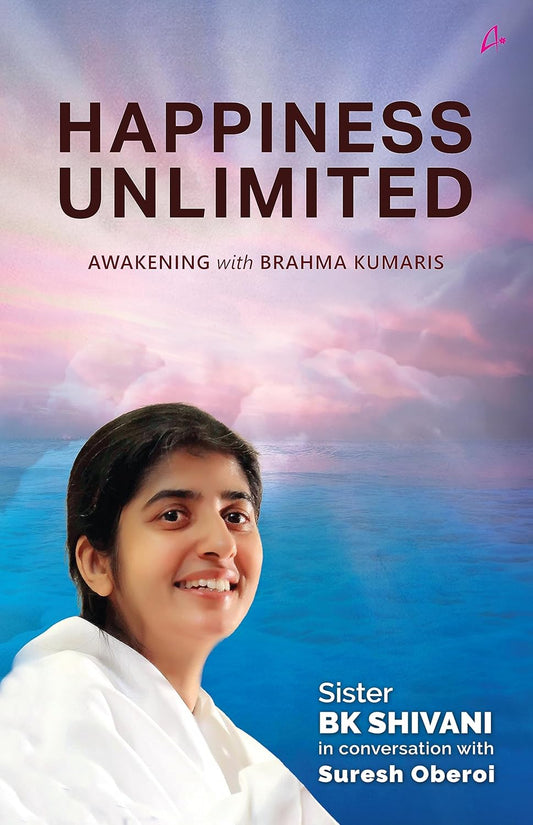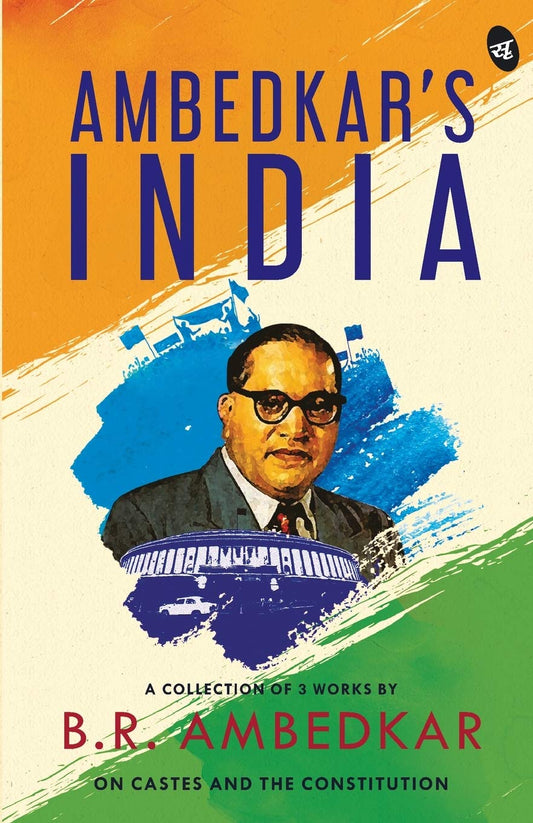Picture this: You're standing in front of your carefully curated bookshelf, surrounded by stories waiting to be discovered, yet you feel absolutely nothing. No excitement, no curiosity—just a heavy sense of indifference that settles in your chest like fog. Welcome to reader's block, the literary equivalent of writer's block that affects millions of book lovers worldwide, yet rarely gets the attention it deserves.
Understanding Reader's Block: More Than Just "Not Feeling Like Reading"
Reader's block isn't simply a temporary lack of interest in books. It's a complex psychological state that creates a persistent barrier between you and the stories you once devoured with passion. Unlike casual reading lulls that last a few days, reader's block can stretch for weeks or even months, leaving dedicated readers feeling frustrated, guilty, and disconnected from their literary identity.
The experience manifests differently for everyone, but common signs include:
Mental Symptoms:
- Words seem to blur together on the page, requiring multiple re-readings
- Your mind wanders constantly, making it impossible to follow plotlines
- Even your favorite genres feel stale and predictable
- Decision paralysis when choosing what to read next
Emotional Symptoms:
- Guilt about abandoned books stacking up on your nightstand
- Anxiety about falling behind on reading goals or challenges
- Loss of the escapism and joy that books once provided
- Feeling like you've "lost" an essential part of your identity
Physical Symptoms:
- Fatigue when attempting to read, even for short periods
- Restlessness that makes it difficult to sit still with a book
- Eye strain or headaches that seem to appear only when reading
The Hidden Culprits Behind Reader's Block
1. The Perfectionist Trap
Many readers unknowingly create their barriers by setting impossibly high standards. You might feel compelled to finish every book you start, maintain a certain reading pace, or only read "worthy" literature. This perfectionist mindset transforms reading from a pleasure into a performance, sucking the joy out of the experience.
2. Digital Overwhelm and Attention Fragmentation
Our hyperconnected world has fundamentally altered how our brains process information. Constant notifications, social media scrolling, and multitasking have shortened our attention spans, making the sustained focus required for deep reading feel unnatural or exhausting.
3. Emotional Overload and Life Transitions
Books often serve as emotional outlets and coping mechanisms. During periods of intense stress, grief, major life changes, or mental health struggles, your brain might instinctively protect you from the emotional vulnerability that comes with immersive reading.
4. The Comparison Game
Social media platforms like Goodreads, and Instagram have created an environment where reading becomes competitive. Seeing others' impressive reading lists, perfectly staged book photos or eloquent reviews can trigger feelings of inadequacy and performance anxiety.
5. Genre Fatigue and Predictability
Sometimes reader's block occurs because you've unconsciously outgrown your current reading preferences. What once excited you might now feel formulaic or unengaging, signaling that your literary tastes are evolving.
Proven Strategies to Break Free from Reader's Block
1. Embrace the Sacred Pause
Counter-intuitively, the first step to overcoming the reader's block might be to stop trying to read altogether. Give yourself explicit permission to take a complete break—whether that's for a week, a month, or however long feels right. This isn't giving up; it's strategic rest.
During this time, engage your storytelling brain through other mediums: binge-watch series, listen to narrative podcasts, or explore visual storytelling through graphic novels or comics. You're not abandoning stories; you're consuming them differently.
2. The Genre Detox Method
If you typically gravitate toward specific genres, deliberately choose something completely different. Mystery lover? Try romance. Fantasy enthusiast? Pick up a memoir. This approach can shock your reading system back to life by providing unexpected stimulation.
Consider these genre-jumping strategies:
- Read books written in different periods
- Explore international literature from cultures unfamiliar to you
- Try formats you typically avoid (poetry, plays, short story collections)
- Sample books from the children's or young adult sections for lighter fare
3. Micro-Reading: Start Impossibly Small
Instead of committing to chapters or lengthy reading sessions, start with just one page per day. This micro-commitment removes pressure while gently rebuilding your reading muscle. Many readers find that once they start, they naturally continue beyond their minimal goal.
Progressive micro-reading schedule:
- Week 1: One page daily
- Week 2: One chapter or 10 minutes
- Week 3: Two chapters or 20 minutes
- Week 4: Read until you naturally want to stop
4. The Audiobook Bridge
Audiobooks can serve as a bridge back to traditional reading, especially if you're struggling with focus or eye fatigue. The passive nature of listening can help you reconnect with storytelling without the mental effort of decoding text.
Try these audiobook strategies:
- Listen during commutes, walks, or household chores
- Choose books narrated by skilled performers for an almost theatrical experience
- Start with shorter books (under 8 hours) for quick wins
- Use audiobooks to "preview" books you might want to read in print
5. Create a Reading Sanctuary
Your environment significantly impacts your reading experience. Designate a specific space exclusively for reading—whether it's a corner of your bedroom, a comfortable chair, or even a blanket fort. This physical anchor can help signal to your brain that it's time to enter "reading mode."
Essential elements of a reading sanctuary:
- Comfortable seating with proper lighting
- Minimal distractions (phone in another room, notifications off)
- Pleasant sensory elements (soft blanket, favorite tea, background music)
- Easy access to multiple book options
6. The Social Reading Revival
Sometimes we need external motivation to reignite our reading passion. Book clubs, reading challenges with friends, or online communities can provide accountability and excitement.
Social reading options:
- Join local library book clubs or start one with friends
- Participate in online reading challenges (like #ReadingVlog or seasonal challenges)
- Follow bookish social media accounts for inspiration and recommendations
- Find reading buddies for mutual encouragement and book discussions
7. Reading Therapy: Match Books to Your Emotional Needs
Consider what you need emotionally and choose books accordingly. Feeling overwhelmed? Try gentle, predictable stories. Craving adventure? Pick action-packed thrillers. Need hope? Seek uplifting memoirs or feel-good fiction.
Create a "reading mood board":
- Comfort reads for difficult days
- Brain candy for when you need entertainment
- Inspiring books for motivation
- Beautiful prose for when you want to savor language
Advanced Recovery Techniques
The DNF Liberation
Give yourself complete permission to "Did Not Finish" (DNF) books. Life is too short to waste on books that don't serve you. Create a "Maybe Later" shelf for books you might revisit and a "Not For Me" category for definite passes.
Reading Journals and Reflection
Keep a simple reading journal noting:
- What you read and when
- Your emotional state before and after reading
- What worked and what didn't
- Patterns in your preferences and blocks
Professional Support
If the reader's block coincides with broader mental health concerns like depression, anxiety, or ADHD, consider speaking with a mental health professional. Sometimes reading difficulties are symptoms of larger issues that benefit from professional intervention.
Preventing Future Reader's Block
Diversify Your Reading Diet
Just as nutritional variety keeps your body healthy, literary variety keeps your reading mind engaged. Maintain a mix of:
- Fiction and non-fiction
- Different genres and periods
- Various reading lengths (short stories, novellas, epic novels)
- Multiple formats (print, digital, audio)
Set Boundaries with Reading Goals
While reading challenges can be motivating, they can also create pressure that leads to burnout. Set flexible goals that prioritize enjoyment over achievement. Remember: reading one book you love is more valuable than racing through ten books you barely remember.
Practice Reading Mindfulness
Before you start reading, take a moment to:
- Check-in with your current emotional state
- Set an intention for your reading session
- Choose books that match your energy level
- Release expectations about how much you "should" read
Final Thoughts
Reader's block often signals that it's time to evolve your relationship with books. Perhaps you're transitioning from reading for escape to reading for growth, or from quantity-focused to quality-focused reading. These shifts are natural and healthy parts of being a lifelong reader.
Remember that your reading journey is uniquely yours. There's no "right" way to be a reader, no minimum number of books you must read, and no timeline for overcoming reader's block. Be patient with yourself, experiment with different approaches, and trust that your love of reading will return—often stronger and more nuanced than before.
The books are waiting for you, exactly as they always have been. And when you're ready, they'll welcome you back with the same magic that first made you fall in love with reading.
Reader's Block FAQ's
How long does reader’s block usually last?
It varies—some shake it off in weeks, others in months. With gentle effort, most recover in 1–3 months.
Does having reader’s block mean I’m no longer a “real” reader?
Not at all. If anything, it shows how much books matter to you. Every reader hits a lull—it’s part of the journey.
Should I force myself to finish unfinished books?
No. Let them go for now and pick something that sparks your interest. Reading should feel like joy, not homework.
Can it be linked to mental health?
Yes, sometimes. Conditions like anxiety, depression, or burnout may play a role. If it persists, consider professional support.
Are audiobooks cheating?
Absolutely not. Audiobooks are valid reading and can help reawaken your love for stories—just in a different format.
What if nothing works?
That’s okay. Maybe your focus is needed elsewhere. Your reading spark isn’t gone—it’s just resting.










